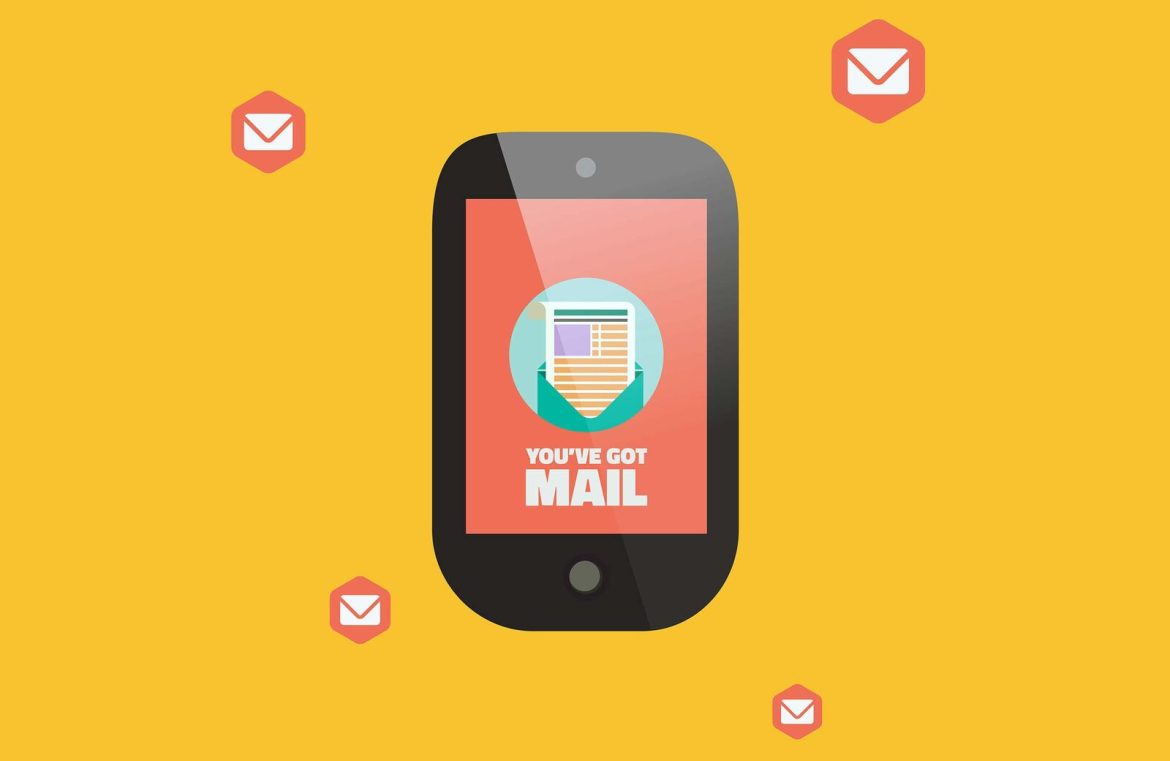- Registration Interface
- Introductory Email
- Engagement Email Sequences
- Initial Login & Interactive Walkthrough
- Data Entry & Alert Preferences
- Follow-up Engagement & Brand Goodies
Each element is pivotal in shaping the customer’s perception and allegiance to a brand. Focusing on data entry and notification preferences today, we’ll unravel strategies to enhance these steps.
Streamlining Data Entry
Business-oriented applications often necessitate users to integrate their data sources to begin using a service fully. Buffer, for instance, asks users to connect their social profiles. Data migration can be a bottleneck in the user journey. Despite its mundane nature, it’s at this juncture that users may lose interest. Analytical research has shown a significant drop-off at this point. What can be done to alleviate this? Speeding up the process or reducing user interaction are viable strategies. If neither is an option, extending a helping hand through support emails or in-app assistance might be the key. Groove has capitalized on “red flag” metrics to identify and assist users who are struggling, which has substantially improved their customer retention.
Even little things like incorporating references from popular culture can make a big difference in user engagement. Zapier, for example, keeps users entertained with its witty tutorial content.
Key takeaways for smooth data entry include:
- Automate the process as much as possible
- Provide proactive support
- Lessen the need for user intervention
- Amuse and engage
User Notifications
Notifications can be a mixed blessing, with the potential to both capture and lose user interest. They are critical touchpoints but must be handled with care. An overload of notices can push users towards muting alerts, which can hinder user retention efforts. A solution is to deploy timely and context-driven messages based on user engagement milestones. Smartly tailored alerts can educate users about unused features and encourage continued engagement, not just product usage.
Finding Equilibrium
Notifications should neither overwhelm users nor be so sparse that they fail to make an impact.
Incentives for Re-engagement
Providing just enough information to pique interest is key to re-engagement. Notify users about new features with brief details and direct links to access them.
Empowerment of Choice
Always allow users the choice to opt-in or out of notifications and control their frequency.
Timeliness
Be mindful of timing. No one appreciates an alert in the wee hours. Scheduling notifications based on user time zones is a thoughtful practice to incorporate.

